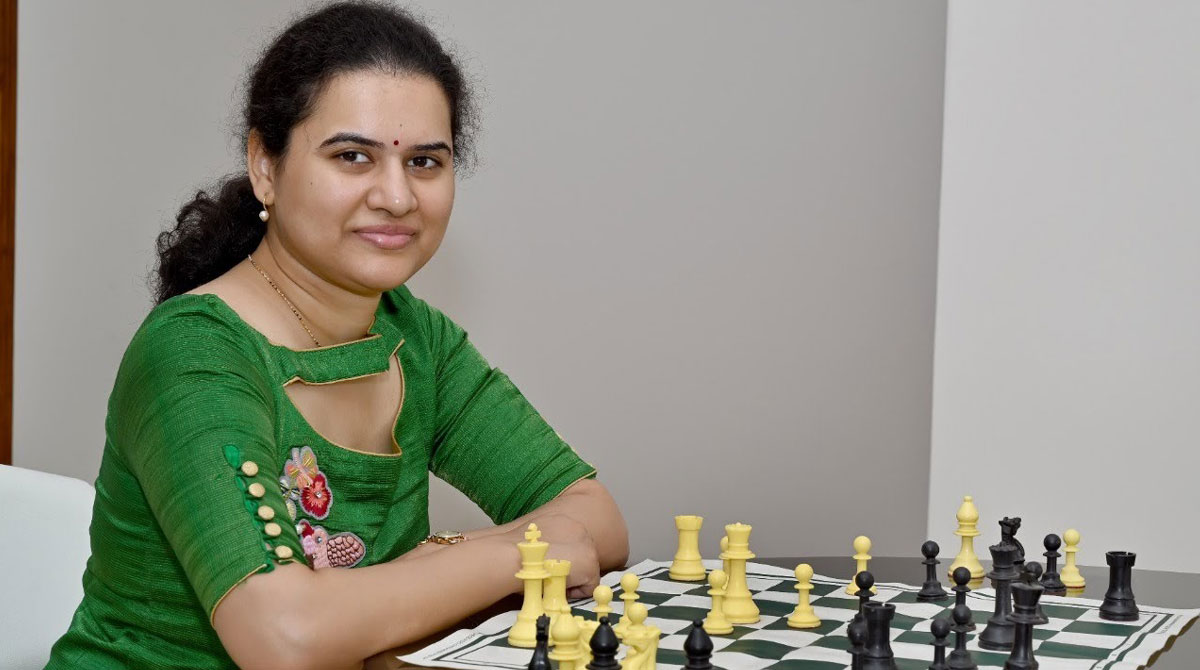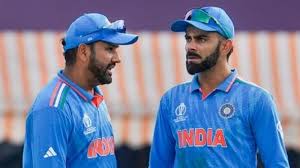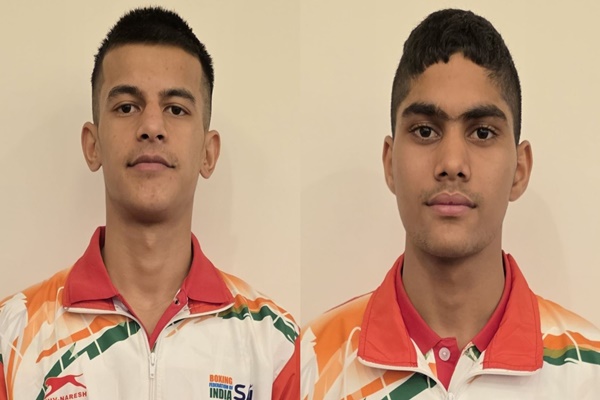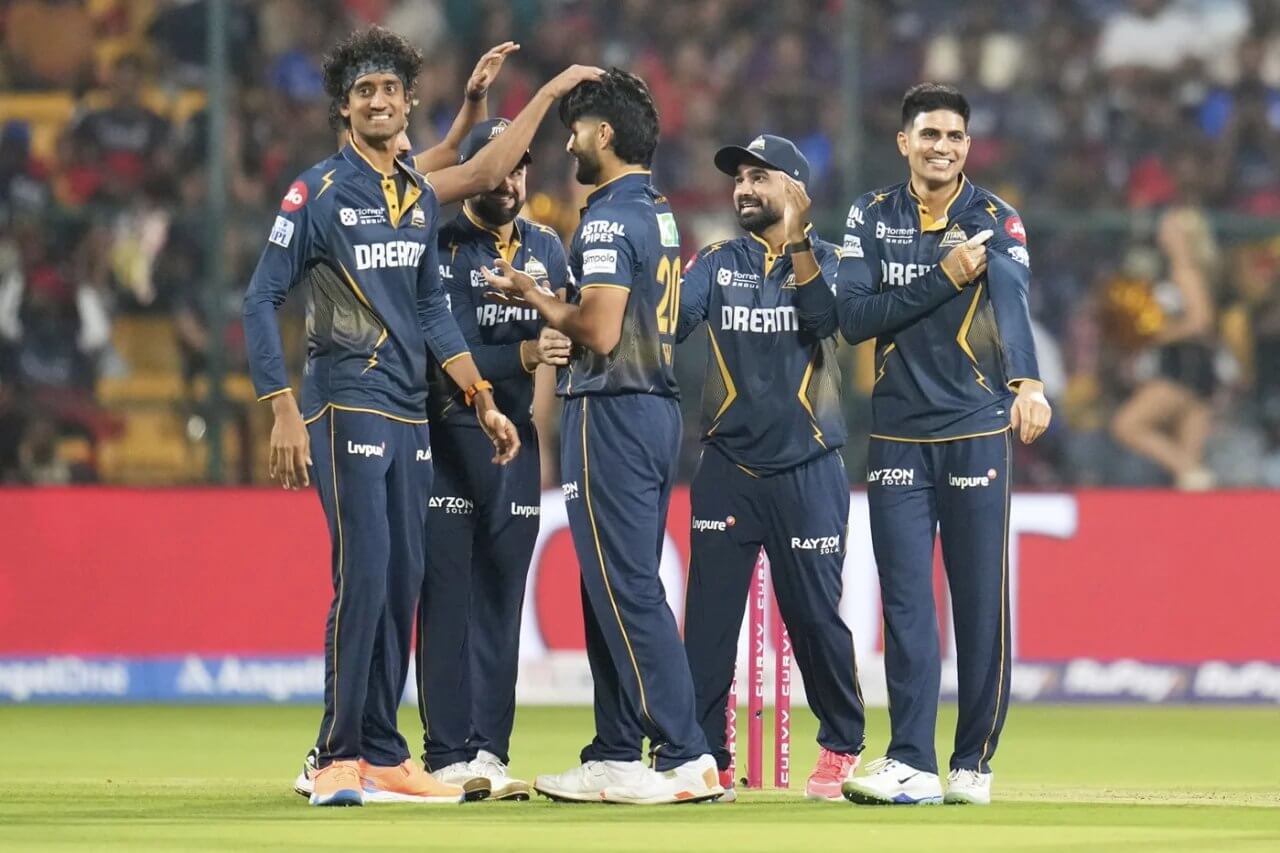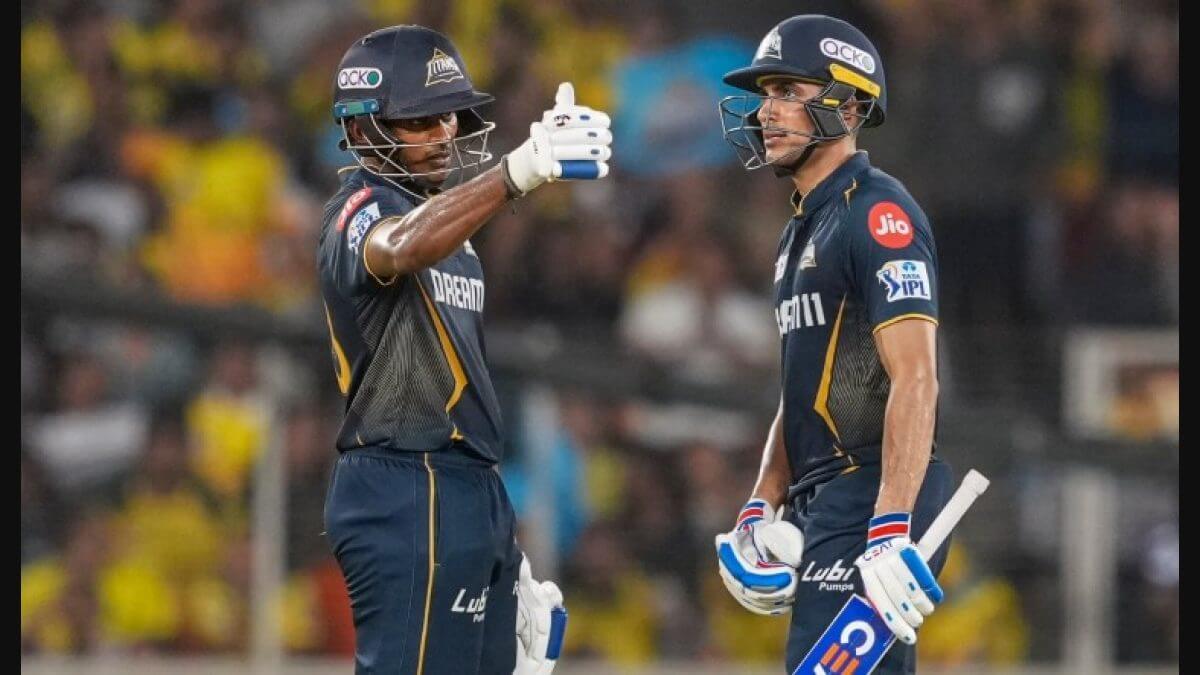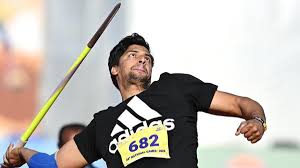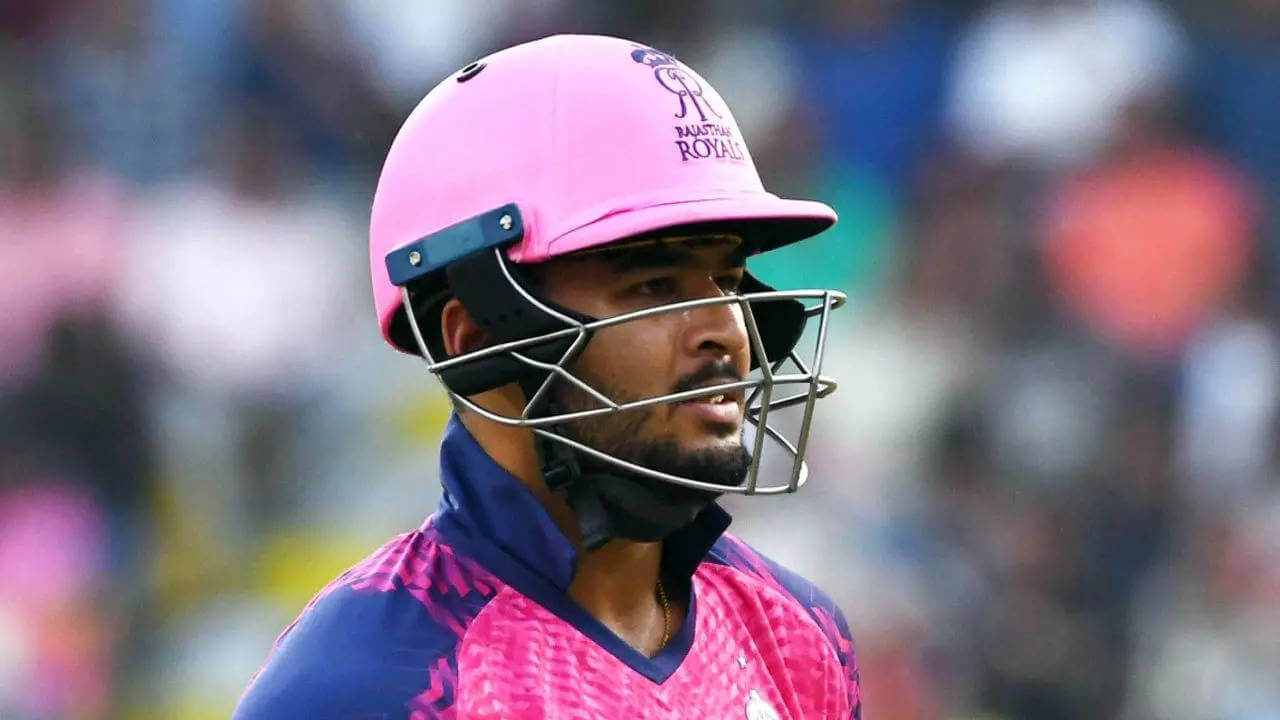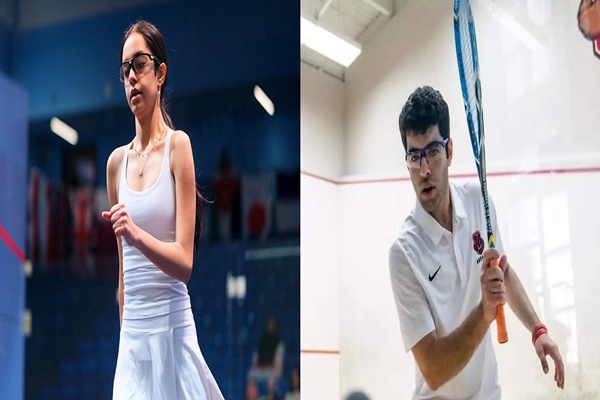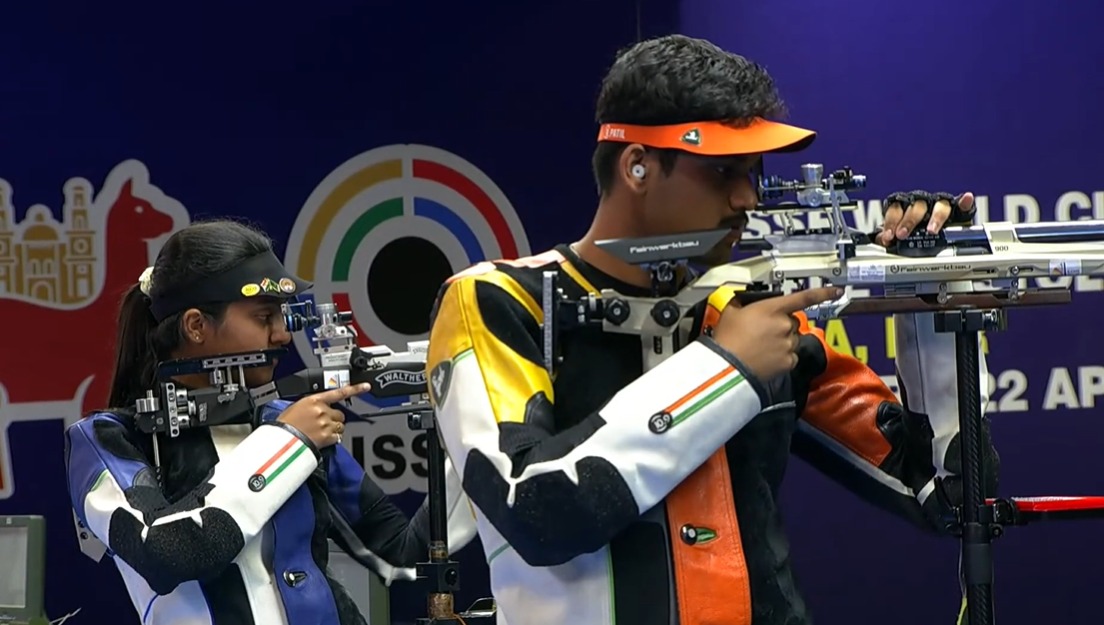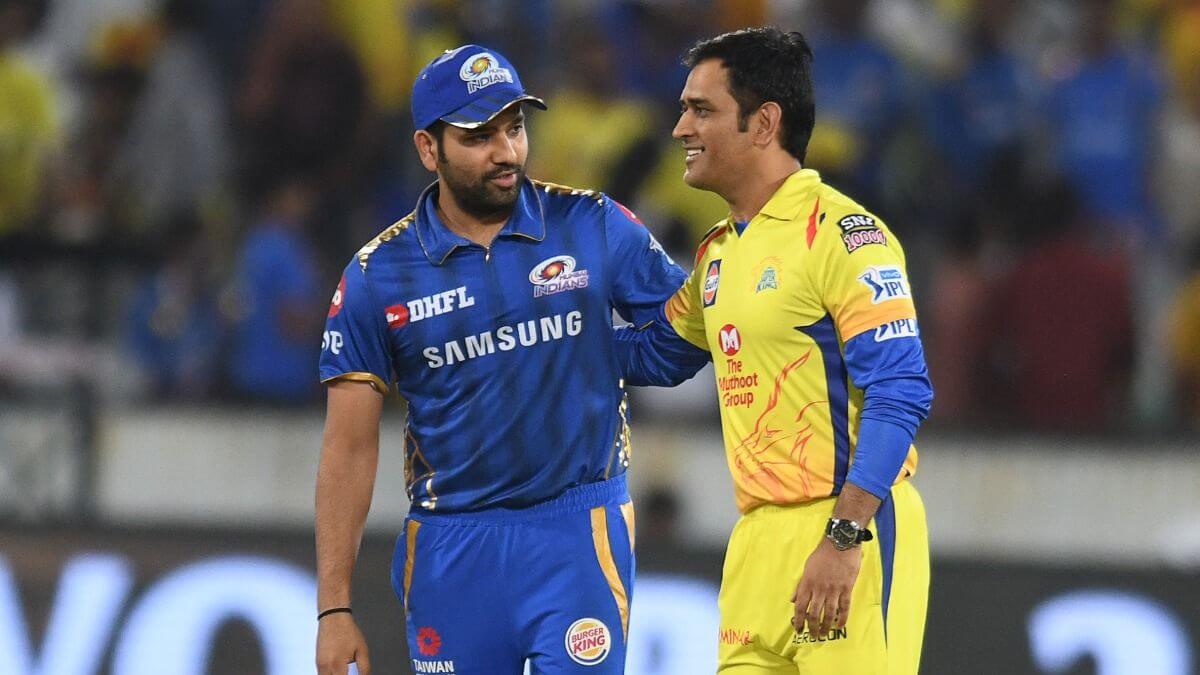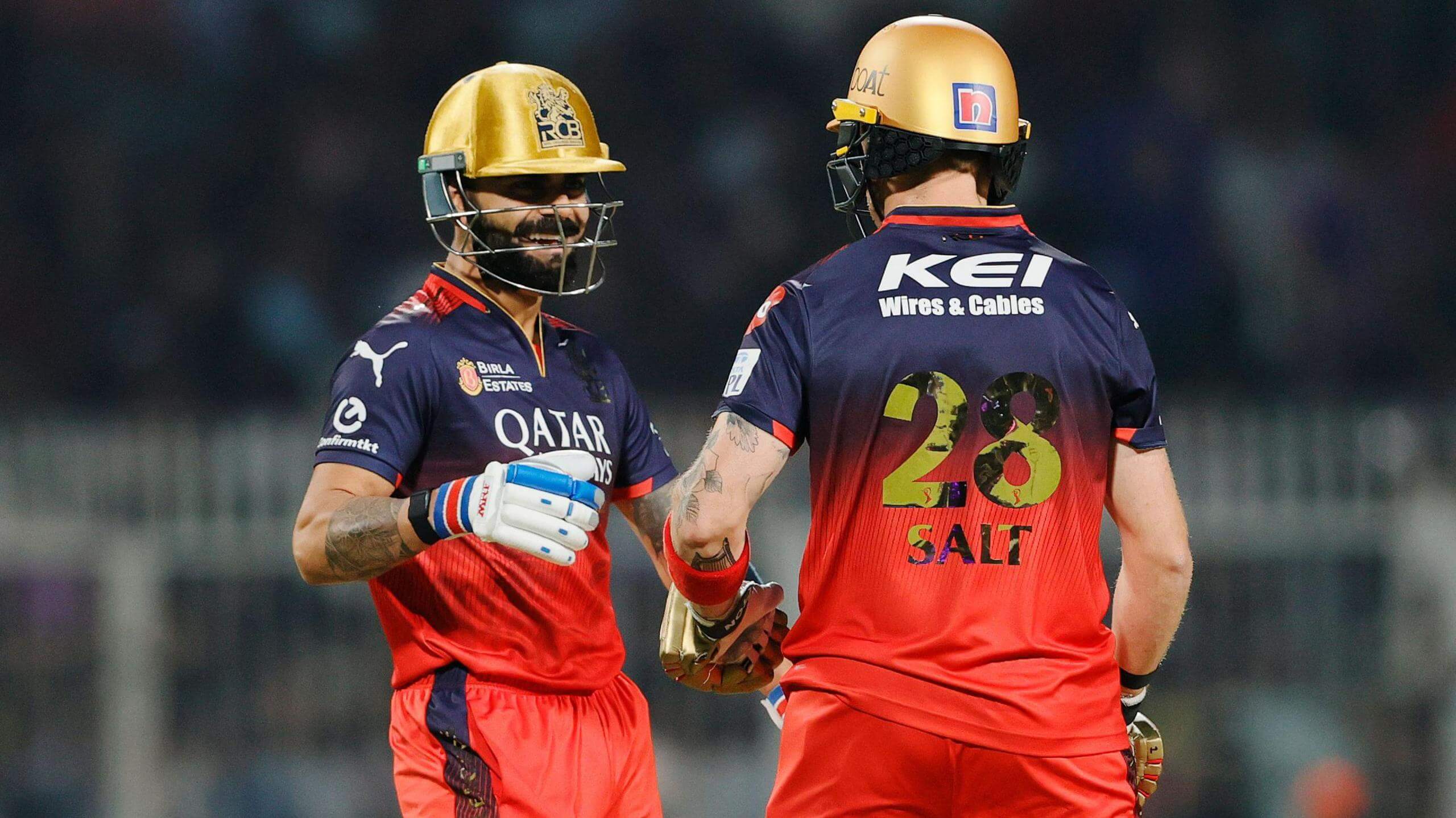Tokyo Olympics ‘participants’ may need vaccinations, says IOC President Thomas Bach
Mon 16 Nov 2020, 21:42:37
.jpg)
Olympic participants and fans arriving for next year’s postponed Tokyo Olympics are likely to face requirements to be vaccinated to protect the Japanese public, IOC President Thomas Bach said Monday after meeting with new Prime Minister Yoshihide Suga.
It was Bach’s first meeting with Suga and his first trip to Japan since the Olympics were postponed almost eight months ago.
“In order to protect the Japanese people and out of respect for the Japanese people, the IOC will undertake great effort so that as many (people) as possible — Olympic participants and visitors will arrive here (with a) vaccine if by then a vaccine is available,” Bach said. “This makes us all very confident that we can have spectators in the Olympics stadium next year and that spectators will enjoy a safe environment.”
Bach has two days of non-stop meetings and photo opportunities with politicians and organizers in Tokyo, aimed at persuading the Japanese public that it’s safe to hold the Olympics during a pandemic.
The Olympics are to open on July 23, 2021.
A possible vaccine was announced last week by Pfizer Inc., which could greatly help the IOC and local organizers stage the Olympics. There have also been advances in rapid testing.
All of this is taking place as cases around the world surge heading into the Northern Hemisphere winter. Bach traveled to Tokyo on a chartered flight, He called off a trip last month to South Korea because of the virus’ spread
in Europe.
in Europe.
Some athletes and fans from abroad are almost certain to oppose any requirement to take the vaccine, which Bach has hinted previously could be almost mandatory for Olympic “solidarity.”
Japan has held baseball games recently with near-capacity crowds of 30,000 fans at some stadiums. It has also held an exhibition gymnastic meet with 22 athletes entering from abroad, attended by several thousand fans.
Japan has been largely spared during the pandemic with about 1,900 deaths attributed to COVID-19. It has also largely sealed off its borders, and has almost 100% mask-wearing by the public.
Several polls have shown the Japanese public is ambivalent to the games, facing larger concerns like a slumping economy.
“Our determination is to realize the Tokyo Games next summer as proof that humanity has defeated the virus.” Suga said.
The Olympics and Paralympics are gigantic. They involve 15,400 Olympic and Paralympic athletes, and tens of thousands of coaches, officials, judges, VIPs, sponsors, media and broadcasters entering Japan.
The IOC gets 73% of its income from television, which is a critical factor in its drive to hold the Olympics. American network NBC pays well over $1 billion for every Olympics.
Costs are also an issue with the Japanese public. A government audit report last year said the bill for preparing the Olympics could reach $25 billion. All but $5.6 billion is public money.
No Comments For This Post, Be first to write a Comment.
Most viewed from Sports
AIMIM News
Latest Urdu News
Most Viewed
May 26, 2020
Do you think Canada-India relations will improve under New PM Mark Carney?
Latest Videos View All
Like Us
Home
About Us
Advertise With Us
All Polls
Epaper Archives
Privacy Policy
Contact Us
Download Etemaad App
© 2025 Etemaad Daily News, All Rights Reserved.

